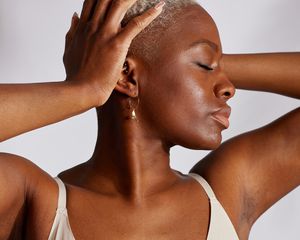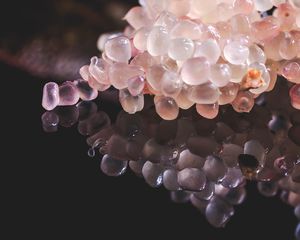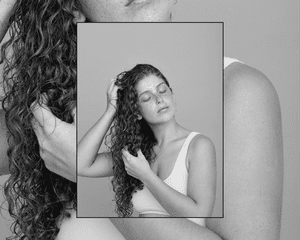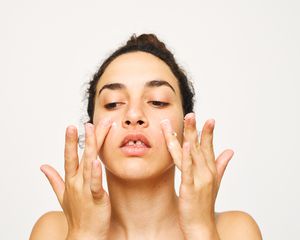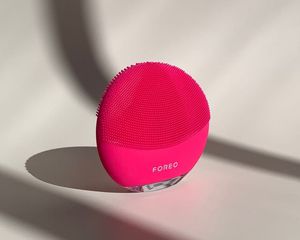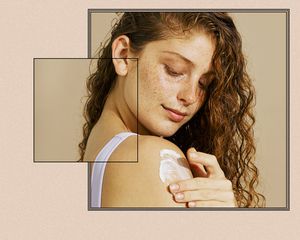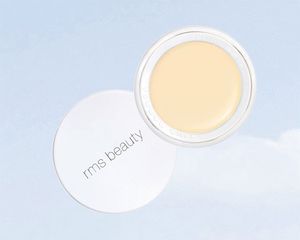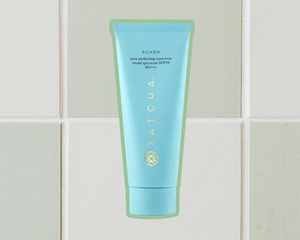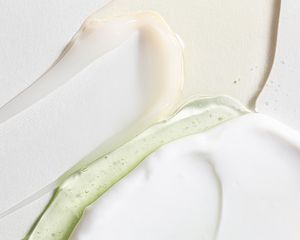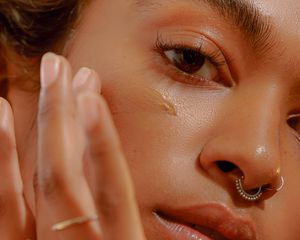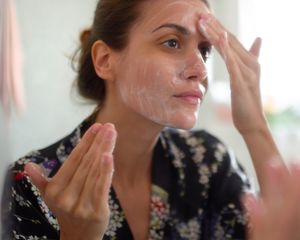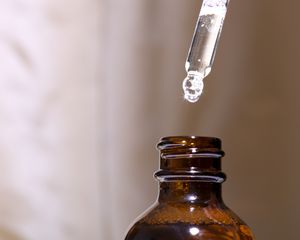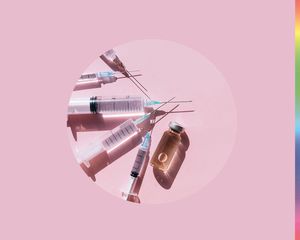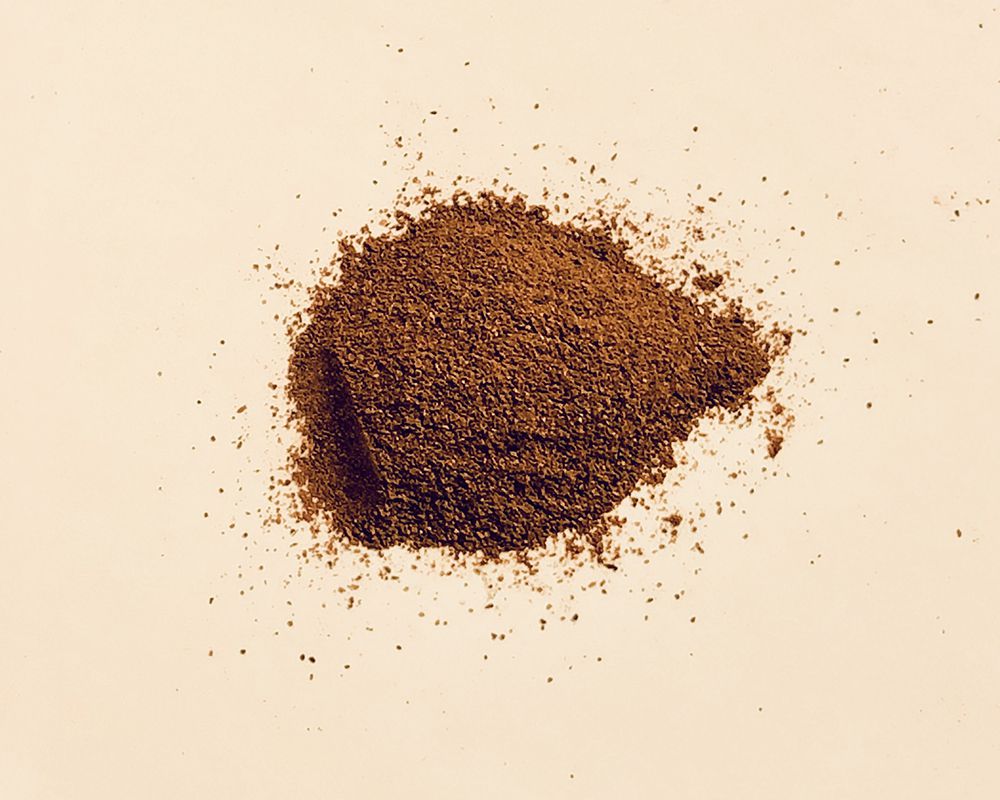
Cappi Thompson / Getty Images
Cinnamyl alcohol might be one of those ingredients you see on the label and go “huh”? But before you start scratching your head, the name should give you a hint about what it is—and what it does. “Cinnamyl alcohol is a fragrance that contains cinnamon and balsam extracts,” explains Dendy Engelman, MD, FACMS, FAAD, a board-certified cosmetic dermatologist and Mohs surgeon. “It is used to scent cosmetics and skincare products.”
Cinnamyl alcohol is often used as a fragrance or flavoring ingredient. “This ingredient is typically found in perfumes, shower and bath products, anti-aging skincare, deodorants, and other toiletry-like products,” Engelman says. We asked Engelman and board-certified dermatologist Rebecca Marcus, MD, to tell us more about the ingredient.
Meet the Expert
- Dendy Engelman, MD, FACMS, FAAD, is a board-certified cosmetic dermatologist and Mohs surgeon at the Shafer Clinic in New York City.
- Rebecca Marcus, MD, is a board-certified dermatologist based in Dallas. She is the founder of Maei MD.
Keep reading to find out about the benefits of cinnamyl alcohol for skin.
Cinnamyl Alcohol for Skin
TYPE OF INGREDIENT: Fragrance
MAIN BENEFITS: Fragrance, stimulates the scalp cells
WHO SHOULD USE IT: It is found in many personal care products.
HOW OFTEN CAN YOU USE IT: Depends on the formulated product.
DON’T USE WITH: It can trigger skin sensitivity and irritation, so it should be used in moderation.
What Is Cinnamyl Alcohol?
“Cinnamyl alcohol is an organic compound (when speaking about chemicals, this just means that it is derived from carbon) that is frequently used as a fragrance ingredient in cosmetics,” says Marcus. “Although it is naturally occurring, it is in high demand as a fragrance ingredient and therefore is most often produced synthetically.”
It can be found in anything with fragrance. “The main purpose of cinnamyl alcohol is to provide fragrance to beauty products such as perfumes, shower and bath products, anti-aging skincare, and deodorants,” Engelman says. “Containing cinnamon and balsamic extracts, it produces an aroma similar to hyacinth, with floral sweet and spicy notes. When added to products, it is known to provide a strong and generally pleasant fragrance.”
Benefits of Cinnamyl Alcohol for Skin
Keep in mind that any perks of cinnamyl alcohol come with a caveat. “Unfortunately, cinnamyl alcohol poses a risk for skin irritation and allergy,” Marcus says. “Honestly, I am not aware of any benefits of this ingredient, other than its pleasant aroma. It may be ‘safer’ than some other common fragrance ingredients as it has been shown in some clinical studies to be non-toxic and non-irritating. However, conflicting studies have shown it to be a skin sensitizer. As a dermatologist, I do advise patients to avoid fragranced skincare products whenever possible as this category of ingredients is one of the most common causes of irritant contact dermatitis.”
These are the benefits of cinnamyl alcohol for the skin:
- Imparts fragrance: “The main benefit of cinnamyl alcohol for skin is its hyacinth flower-like scent,” Engelman says.
- Revives scalp cells: “Cinnamyl alcohol is known to stimulate the scalp cells and eliminate impurities without stripping the strands of its natural, healthy oils when used in hair care products,” Engelman says.
Side Effects of Cinnamyl Alcohol
Similar to other skincare ingredients used for fragrance, cinnamyl alcohol has the potential to seriously irritate the skin, especially for sensitive skin types. “Like many other synthetic fragrances, cinnamyl alcohol is classified as a skin irritant and is known to have the potential to cause adverse skin reactions such as redness, bumps, and itchiness,” Engelman says. “This is why I recommend using as many fragrance-free products in your skincare routine as possible, especially if you have sensitive skin.”
How to Use It
“The best way to use cinnamyl alcohol is as an ingredient in toiletry products,” Engelman says. “Due to its irritating capabilities, it is best to pair it with soothing ingredients that can counteract or reverse skin irritation that might occur.” Some of these types of ingredients include ceramides, niacinamide, and aloe vera.
When using cinnamyl alcohol in skincare, Engelman recommends you avoid using other skin irritants so as to not overload your skin and cause various skin reactions. “Some potential irritants I would stay away from include but are not limited to other fragrances, sulfates, and glycolic acid,” she says.
For those with sensitive skin, it’s best to avoid cinnamyl alcohol completely. “I do not recommend seeking out this ingredient as it has no proven benefits to the skin,” Marcus says. “Although it has been shown to be non-toxic, it may still act as a skin irritant.”



